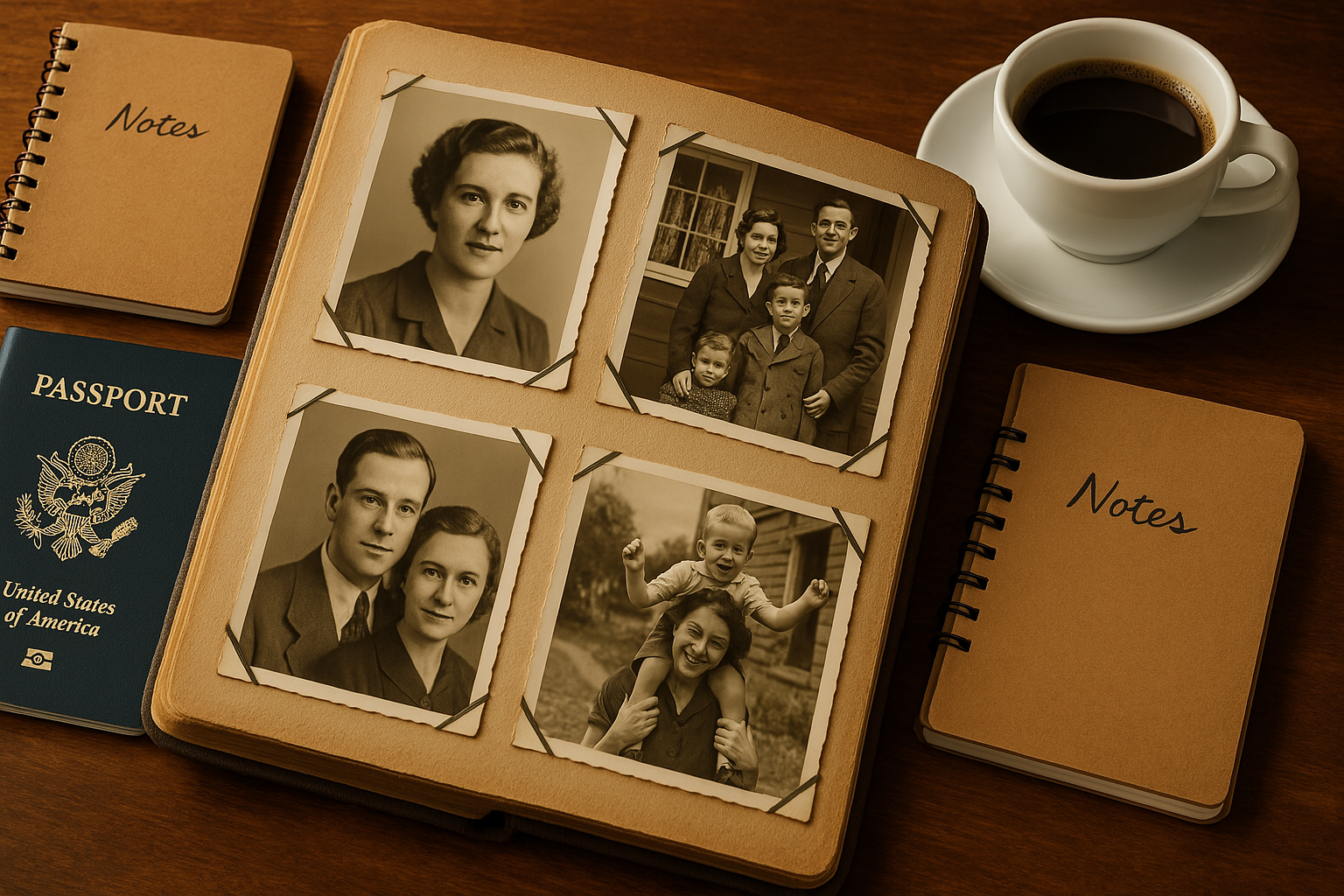Tracing Your Roots: The Emotional Journey Of Ancestry Travel
In today’s hyper-connected world, sometimes the urge to unplug isn’t about escaping — it’s about reconnecting. That’s where ancestry travel steps in: a journey across borders and backward through generations. Imagine walking the same streets your great-grandparents once did, standing in the church where your ancestors were married, or uncovering family names in dusty local archives. It’s not just sightseeing — it’s soul-searching, time-traveling, and rediscovering pieces of yourself you didn’t even know were missing.
With the rise of DNA testing kits, online genealogical databases, and dedicated heritage tours, more travelers are transforming vacations into personal pilgrimages. It’s not just a trend; it’s a movement reshaping how we understand identity, belonging, and global connection. Let’s dive into why ancestry travel is one of the most profound and emotional travel styles of 2025 — and how you can embark on your own heritage journey.
What Makes Ancestry Travel So Powerful?
At its core, ancestry travel (sometimes called roots travel or heritage tourism) is about exploring the places linked to your family’s past. Whether inspired by AncestryDNA test results, old family letters, or oral stories passed down over generations, these trips offer:
- Visits to ancestral villages, churches, and homesteads
- Time in historical archives or family-run museums
- Opportunities to meet distant relatives or connect with cultural communities
- A deeper understanding of the forces that shaped your family’s journey
Unlike traditional tourism, it’s less about landmarks and more about legacy. And with tools like FamilySearch.org or MyHeritage, it’s never been easier to trace your roots across continents.

Where Should You Start Your Heritage Journey?
Begin with a reputable DNA test — companies like 23andMe or AncestryDNA offer detailed regional breakdowns, relative matching, and ethnicity estimates. Once you have your results, use online platforms to build a family tree, consult with older relatives, and dive into historical records. If you hit language or document barriers, consider hiring a professional genealogist.
Many travelers also join online communities like Reddit’s Genealogy subreddit for tips, resources, and advice. Mapping your journey ahead of time is half the adventure — from small towns in Ireland and Italy to archives in Ghana or Norway, every destination holds a piece of your puzzle.
Why Ancestry Travel Feels So Emotional
Traveling back through your family’s past is rarely just academic. Many ancestry travelers describe the powerful emotions they feel: a sudden connection to the perseverance of their ancestors, awe at the landscapes and places that shaped their family, and a newfound sense of belonging. It’s about walking the same cobblestones they did, tasting traditional foods they once ate, or standing before gravestones that carry your family name. This type of travel deepens not just your understanding of history — but your understanding of yourself.
Practical Tips For A Meaningful Heritage Trip
Here’s how to make the most of your ancestry journey:
- Bring printed family records to show local archivists
- Learn key phrases in the local language, especially when visiting rural areas
- Hire a local guide or book a specialized heritage tour from services like EF Go Ahead Tours or Trace.com
- Be prepared for surprises — not every relative or location will match expectations, but sometimes the unexpected is the most rewarding
- Document your journey in a travel journal or blog — future generations will thank you
Want more inspiration? Check out National Geographic’s travel stories on heritage journeys worldwide.
Remember, ancestry travel isn’t about creating a picture-perfect story — it’s about embracing the real, sometimes messy, but always meaningful threads of your family’s past.
Have you taken an ancestry travel journey? Did you uncover surprises, meet relatives, or experience something deeply personal? Share your story in the comments — and follow us on social media for more soulful travel guides, destination spotlights, and insider tips that help you explore not just the world, but yourself.
Catch up on the top stories and travel deals by subscribing to our newsletter!











